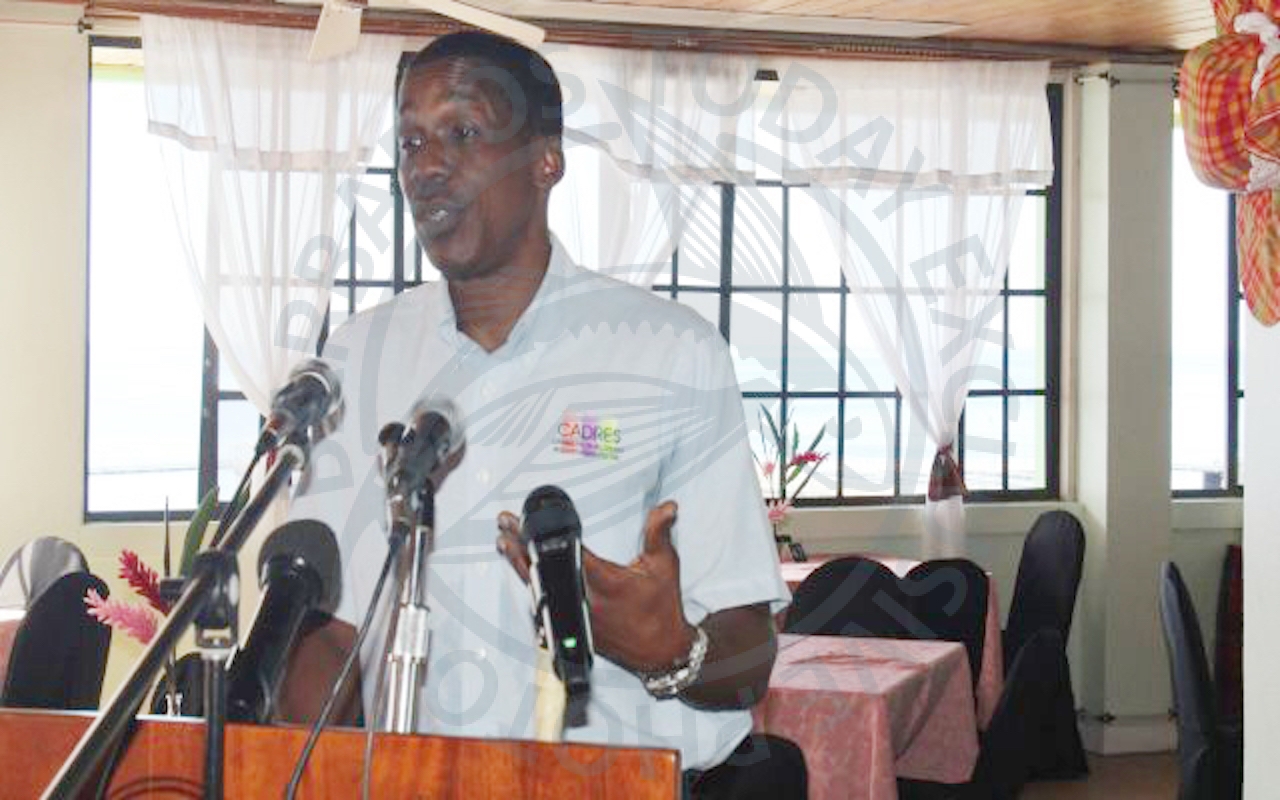As Barbados prepares to ditch the Queen as its Head of State and become a republic, a prominent political scientist is predicting that Prime Minister Mia Mottley will follow the Trinidad and Tobago model.
What’s more, Peter Wickham has shot down any idea of the Barbados Labour Party administration holding a referendum on the matter, saying that to do so would be a “mistake”.
“There is no need to and I don’t think it makes a lot of sense. We had a situation where since 1999 this [political party] indicated its desire to go in the direction of a republic. The Opposition has always supported it . . . . So, I think there is enough cohesion in that regard to go with it,” he said.
“To go to a referendum, in my opinion, would be a mistake. The reality is that all the referenda in the Caribbean in recent times have failed . . . and the failure has to do with the fact that a referendum presents an opposition and an opportunity to oppose.”
Wickham, who was speaking late Wednesday evening as a panellist on Times Radio in the UK, said the general unwillingness for countries in the region to move to a republic had nothing to do with the love of the British monarchy.
And he said that despite several administrations in Barbados having broached the subject in the past, he believed it would become a reality this time around.
In fact, he said with Barbados’ “fairly easy Constitution to change”, making the switch from a monarchical system to a republic would be easy.
“I think we have great respect for the institution [monarchy]. Certainly, we have great respect for the Queen. But I think it is about a self-fulfilment of Barbadians and I think many of us feel it is time we go into a different direction, and this Prime Minister has the intestinal fortitude to do it,” said the political pollster.
Pointing to other countries in the region where referenda on becoming a republic had failed – including St Vincent and the Grenadines, Grenada and Antigua and Barbuda – Wickham said in some cases the move had been opposed “even though there were good reasons to support it”.
Almost immediately following the Throne Speech on Tuesday, in which Governor General Dame Sandra Mason made the announcement that Barbados would become a republican state by November 2021, there was speculation that the decision here could have a domino effect in the region, with Jamaica likely following next.
However, Wickham said in the case of that Caribbean island, while there was a will to go that route, it would be more difficult because of a “constitutional bind”.
“I would be surprised if Jamaica does ever get to a republic, simply because Jamaica has to get a referendum in which two-thirds of the people have to say that is what they want,” he said, adding that if Jamaica’s Constitution did not even allow the country to remove the UK Privy Council as its highest court of appeal, he could not see how it would go the direction of a republic.
Wickham contended that Barbados could have made the switch “a long time ago” but there had been an absence of political will.
However, he said he strongly believed that Prime Minister Mottley would not let this opportunity pass her.
“I think the critical thing now is that we have a leader who is anxious to distinguish herself in a fairly significant way, and as it stands now there are really not a lot of options out there to distinguish oneself. So, I think yes, we are going to become a republic. The question is what type of republic,” said Wickham.
“My sense is that we will have to go the road of Trinidad and Tobago or Dominica – that’s a Commonwealth – where we have a president that is selected, either selected directly by the Prime Minister or alternatively elected by an electoral college within Parliament, which is what Trinidad and Tobago has done.
“That is the easiest route to go within the short space of time, and my sense is that we will do that as a first step and then later we start a conversation about the other mechanics of how it can go. But that is the direction we are likely to go,” added the political scientist.
In the case of Trinidad and Tobago, the president is elected by a two-thirds majority in an electoral college, meaning that both the Lower House and Upper House meet and vote.
In Dominica, the president is selected by the prime minister and given a contract of employment, similar to how a Governor General is selected.
marlonmadden@barbadostoady.bb




